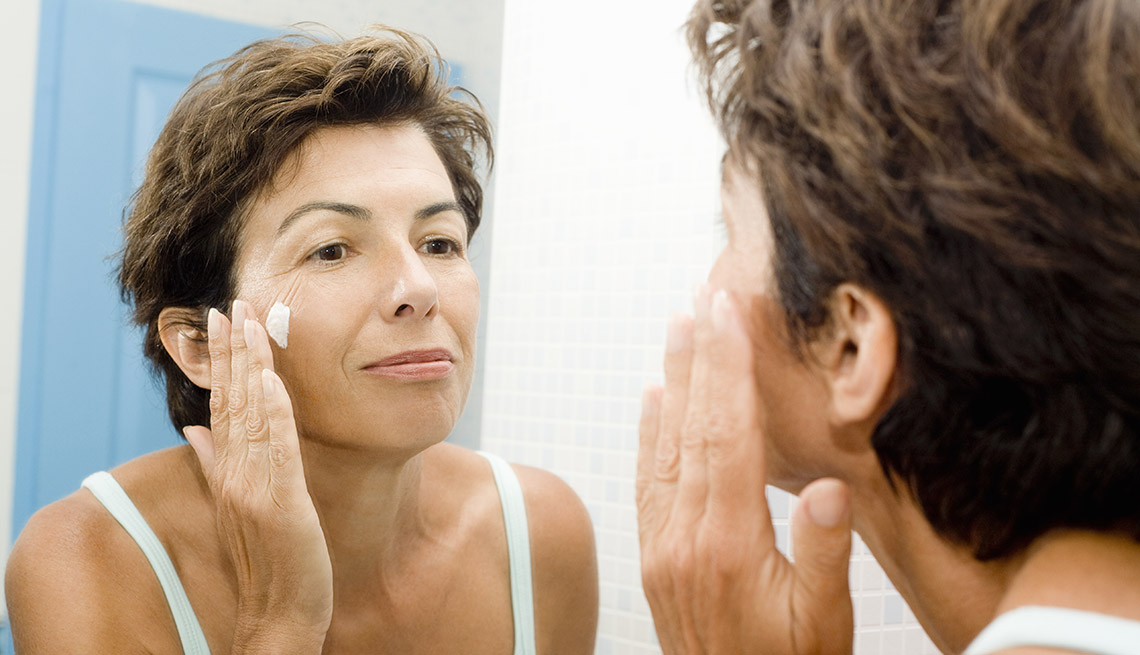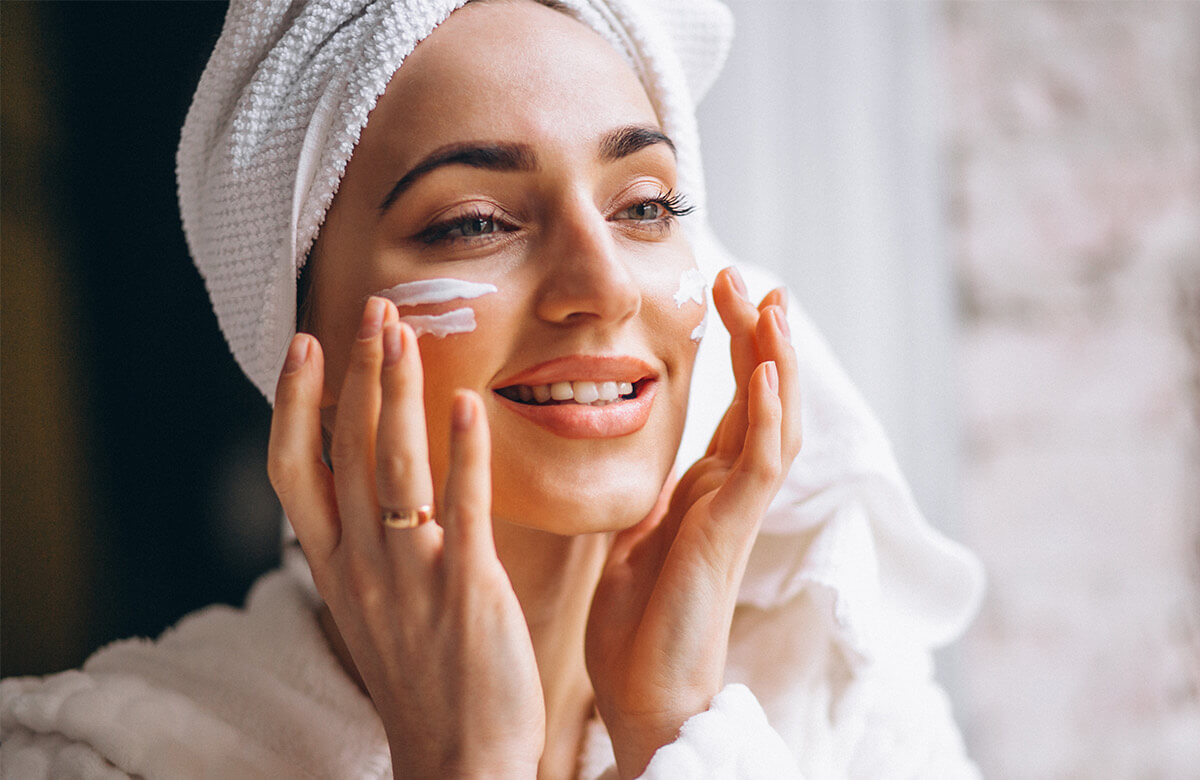Benefits of Hyaluronic Acid for Skin: Why Beauticians Love It
In the ever-evolving world of skincare, one ingredient that has garnered significant attention is hyaluronic acid. Known for its remarkable ability to retain moisture, hyaluronic acid is a staple in many beauty routines. For beauticians and skincare enthusiasts alike, understanding the benefits of hyaluronic acid for skin is essential in crafting effective skincare regimens.
Hyaluronic acid, a naturally occurring substance in the body, plays a pivotal role in maintaining skin hydration and elasticity. Its unique capacity to hold up to 1,000 times its weight in water makes it an unparalleled moisturizing agent. This property not only helps in keeping the skin supple but also reduces the appearance of fine lines and wrinkles, making it a favorite among beauticians worldwide.

Why Hyaluronic Acid is a Game-Changer in Skincare
For beauticians, the allure of hyaluronic acid lies in its versatility and efficacy. Unlike many skincare ingredients that can be harsh or irritating, hyaluronic acid is gentle and suitable for all skin types. This makes it an excellent choice for clients looking to improve their skin's texture and appearance without the risk of adverse reactions.
Moreover, the incorporation of hyaluronic acid into a skincare routine can significantly enhance the effectiveness of other products. By ensuring that the skin remains well-hydrated, it allows other active ingredients to penetrate deeper, maximizing their benefits. Beauticians who understand this synergy can tailor treatments that offer clients the best possible outcomes.
How to Integrate Hyaluronic Acid into Skincare Routines
For those new to using hyaluronic acid, starting with a serum is often recommended. Serums are typically lightweight and can be easily layered with other skincare products. It's crucial to apply hyaluronic acid to damp skin, as this helps to lock in moisture. Following up with a moisturizer can further enhance its hydrating effects.
In addition to serums, hyaluronic acid is also found in a variety of products, including creams, masks, and even cleansers. Beauticians can guide clients in selecting the right product based on their specific skin concerns and goals. For more insights into selecting the right products, check out our article on skincare routines.
The Science Behind Hyaluronic Acid's Effectiveness
Scientifically, hyaluronic acid's structure allows it to bind and retain water molecules efficiently. This property not only hydrates the skin but also creates a plumping effect, which can diminish the look of fine lines. This is particularly beneficial for mature skin, where the natural production of hyaluronic acid decreases with age.
Furthermore, hyaluronic acid has antioxidant properties, offering protection against environmental stressors like pollution and UV rays. This added benefit is crucial for maintaining skin health and preventing premature aging.
Common Misconceptions about Hyaluronic Acid
Despite its popularity, there are several misconceptions about hyaluronic acid. One common myth is that it replaces the need for a moisturizer. While hyaluronic acid is excellent for hydration, it is not a standalone replacement for a good moisturizer. Instead, it should be used in conjunction with other products to achieve optimal results.
Another misconception is that all hyaluronic acid products are the same. In reality, the concentration and formulation can vary significantly, affecting the product's efficacy. Beauticians play a key role in educating clients about selecting high-quality hyaluronic acid products tailored to their needs.

Enhancing Skincare with Hyaluronic Acid
Incorporating hyaluronic acid into a skincare routine can transform the skin's texture and appearance. By maintaining hydration levels, it helps to create a smooth and radiant complexion. For beauticians, recommending hyaluronic acid products can be a game-changer in delivering visible results to clients.
For those interested in learning more about optimizing skincare routines, our article on healthier-looking skin offers valuable insights and tips.
FAQs about Hyaluronic Acid
What is hyaluronic acid's primary role in skincare?
Hyaluronic acid primarily serves as a humectant, attracting and retaining moisture in the skin. This helps keep the skin hydrated, plump, and youthful-looking.
Can hyaluronic acid cause skin irritation?
Hyaluronic acid is generally well-tolerated and unlikely to cause irritation. It's suitable for all skin types, including sensitive skin, making it a versatile ingredient in skincare.
How often should hyaluronic acid be used?
Hyaluronic acid can be used daily, both in the morning and at night. Incorporating it into your regular skincare routine can help maintain optimal hydration levels in the skin.
This article contains affiliate links. We may earn a commission at no extra cost to you.

